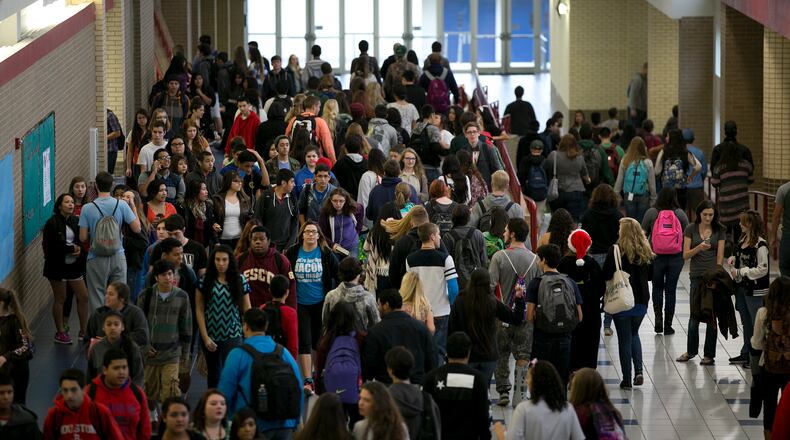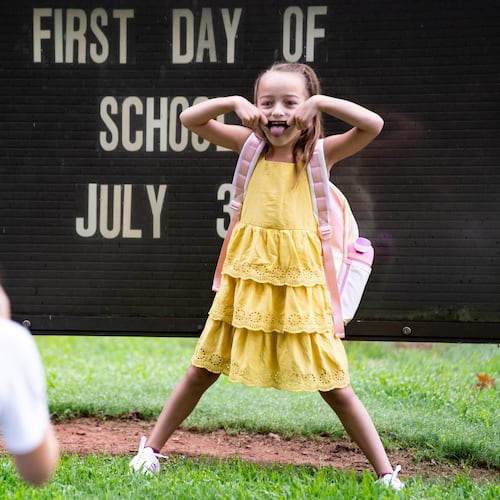If students post degrading comments about or photos of classmates on Instagram or Facebook over the weekend, is it the school’s job to punish them on Monday?
And can the school discipline not only the posters, but classmates who “liked” the offensive content?
A lawsuit against a San Francisco area school that disciplined students after an offensive racist post highlights the challenges educators face in policing social media. Parents whose children are being bullied expect schools to take the lead, but the courts have given mixed signals on whether schools can punish students for ugly but constitutionally protected speech.
Four high school juniors are suing the California high school for suspending and punishing them for their social media responses to Instagram images of African-American female classmates and the African-American coach of the girl’s basketball team. According to the Albany, Calif., school district, the images included nooses drawn around necks of some of the photographs and side-by-side photos with apes.
The students who “liked” or commented on the images were suspended and are now suing. The lawsuit argues: “This action arises out of a private online discussion between friends that the Albany School system has pried into without authority. All conduct at issue in this matter occurred off school property, were conducted off school hours, and were otherwise completely unrelated to school activity.”
Parents have come to hold schools responsible for online actions by students that often occur outside of the school day. Schools are facing lawsuits from parents whose children killed themselves after online bullying by other teens. But is it fair to expect schools to police the vast social media landscape? And lawsuits by students punished for social media posts are raising a new question: Is it legal for schools to do so?
To read about this issue, go to the AJC Get Schooled blog.
About the Author
Keep Reading
The Latest
Featured



